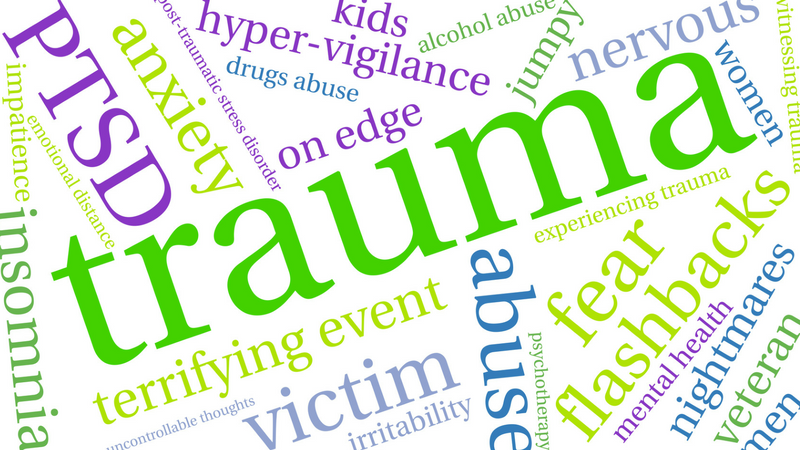
James Prescott Talks About Triggers
James Prescott shares his story of encountering triggers and shares what he’s learned about identifying and managing them.

James Prescott shares his story of encountering triggers and shares what he’s learned about identifying and managing them.
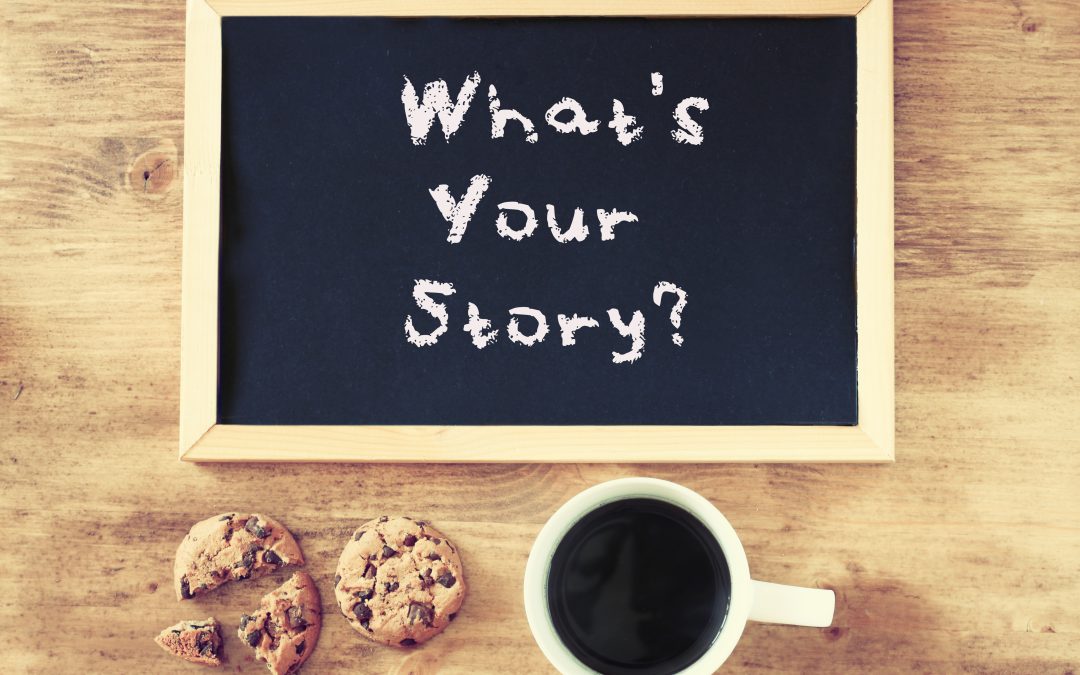
At some point, we all have to make the decision: To share or not share our diagnosis? Here’s how I approached it, and the lessons I learned are invaluable.

Figuring out how we can safely extend forgiveness and grace while maintaining boundaries can be a challenge in every relationship.

Sharing our diagnosis is never easy. Alicia Rust shares her experiences with her bipolar diagnosis and sharing the elephant in the room.
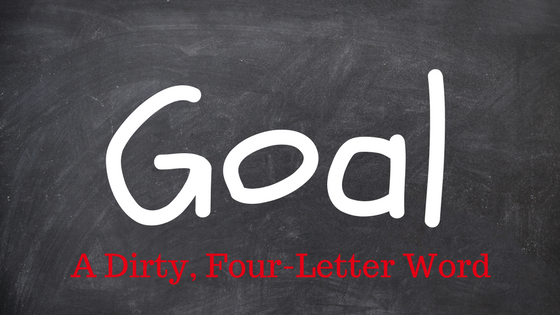
This is the time of year that every personal development writer starts using a dirty word: Goal. This year, I’m rebelling. I’m not setting any goals.

We take a look at the universal question for all Christians: Why does God let bad things happen to good people? Am I cursed? Or is there another reason?
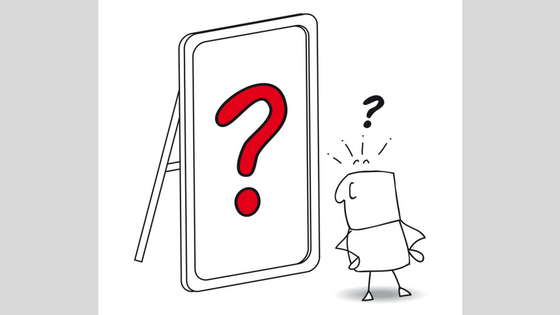
You are not your diagnosis. People living with cancer say, “I have cancer,” not “I am cancer.” Your illness is simply that: an illness. It may influence your life, and you may have to learn to manage your symptoms, but it doesn’t define you.
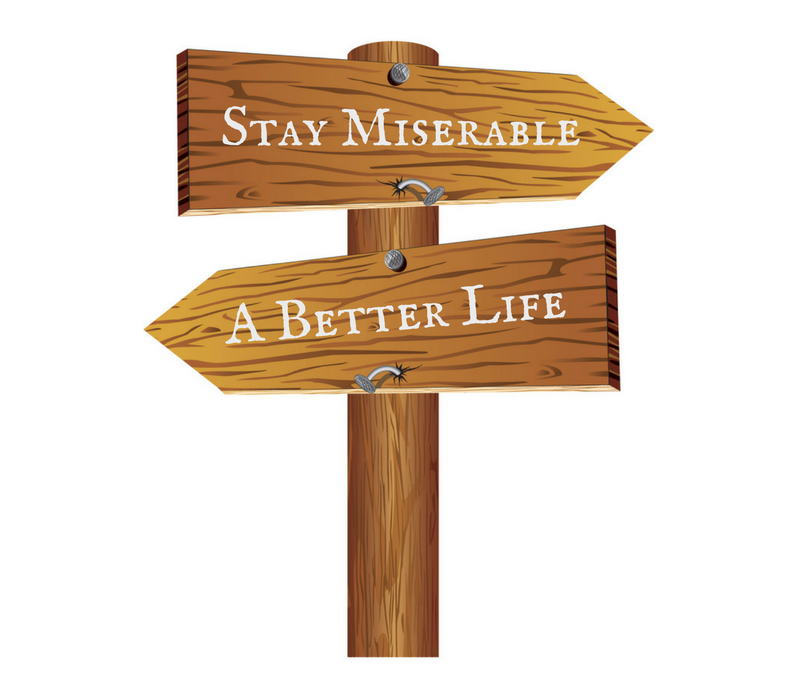
It’s exciting to witness that moment when someone realizes that their diagnosis means that a better life is possible for them.

Martin Luther lived with depressive episodes through most of his adult life, and some even argue that he likely had bipolar disorder. He also changed the world.

When we rely solely on the Bible and prayer, we deny that God gave us all of his creation for our use. Our supernatural God uses ordinary means to heal us.
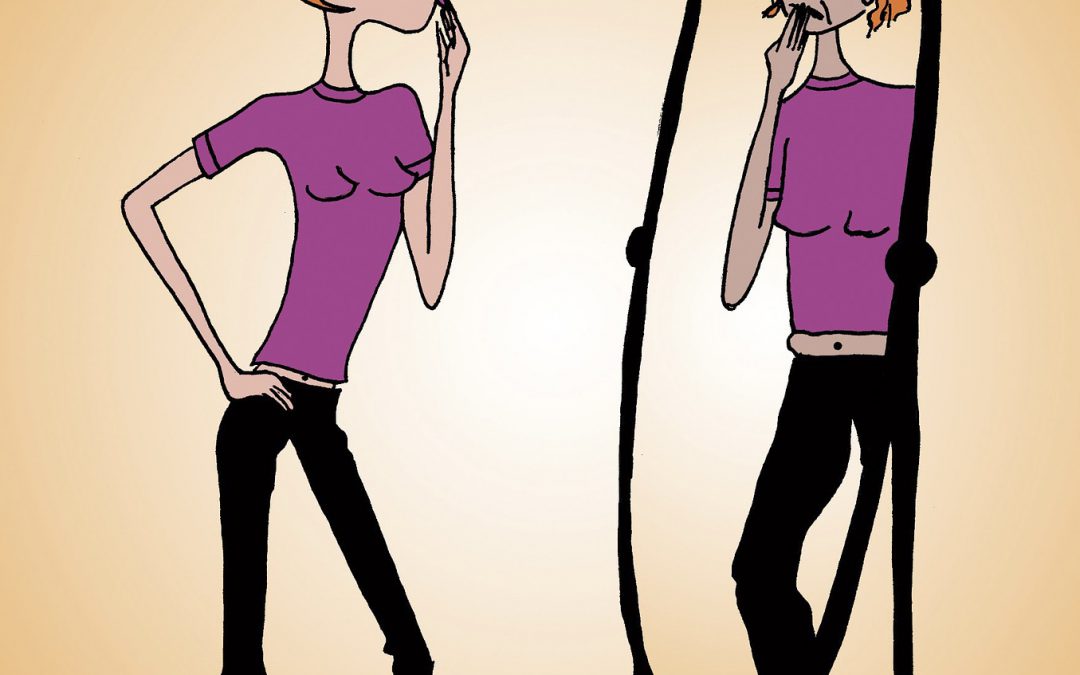
It’s fascinating how often we think about our disorder as something that we caused. The idea of “normal” is probably one of the most toxic stigmas out there.When we stop and think about it, we know it doesn’t exist. In reality, we all deal with something, whether it’s a mental illness or a serious health issue.

Belonging and participating in community is so important to our mental health. When we are in community, we have a sense oCommunity gives us a sense of belonging and also teaches us how to give and receive love and care. Locating and joining one is important for our recovery.f belonging and importance. Our very presence and participation grants the same to others. In the giving, sharing, and receiving, we create something larger than ourselves.

One piece of standard advice from mental health professionals to those on the road to recovery is to start giving. Sure, I’ve had a few moments when I’ve been glad I volunteered, but I’ve also felt resentful of the imposition on my time. Resentment and a giving heart do not go hand-in-hand. This time was different.

I’m not an alcoholic. I’ve never attended meetings, no DUIs, nothing matches what you might expect. Yet, my relationship with alcohol was a problem.

Just a few days past my 40th birthday, my first mammogram came back with red flags. I couldn’t believe; I’m tired of having relatable experiences.

“Did you know that ‘you’re so sensitive’ and ‘you’re so intense’ are phrases commonly associated with people who have bipolar?”

Meditation. It’s one of those words that brings up instant reactions for most people. For many, it brings with it a sense of spacey-sounding music and chanting. For others, there is an association with religion — particularly Taoist and “Eastern” philosophies. In reality, meditation is simply the practice of being still.
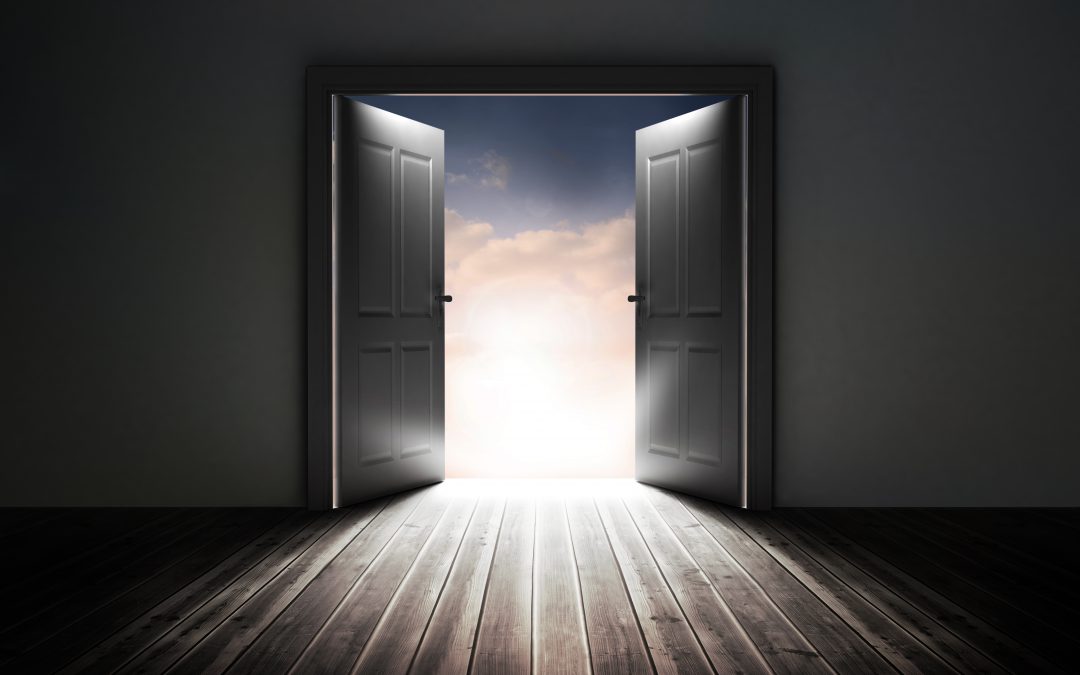
When we think about changing our minds and how we think, we often think of the perfectionism or fears we live with, and focus on how to get rid of them. The apostle Paul challenges us to think differently, to think of changing our minds as part of the process of putting on our “new self.” One practical way to do this is challenging our Thinking Distortions.
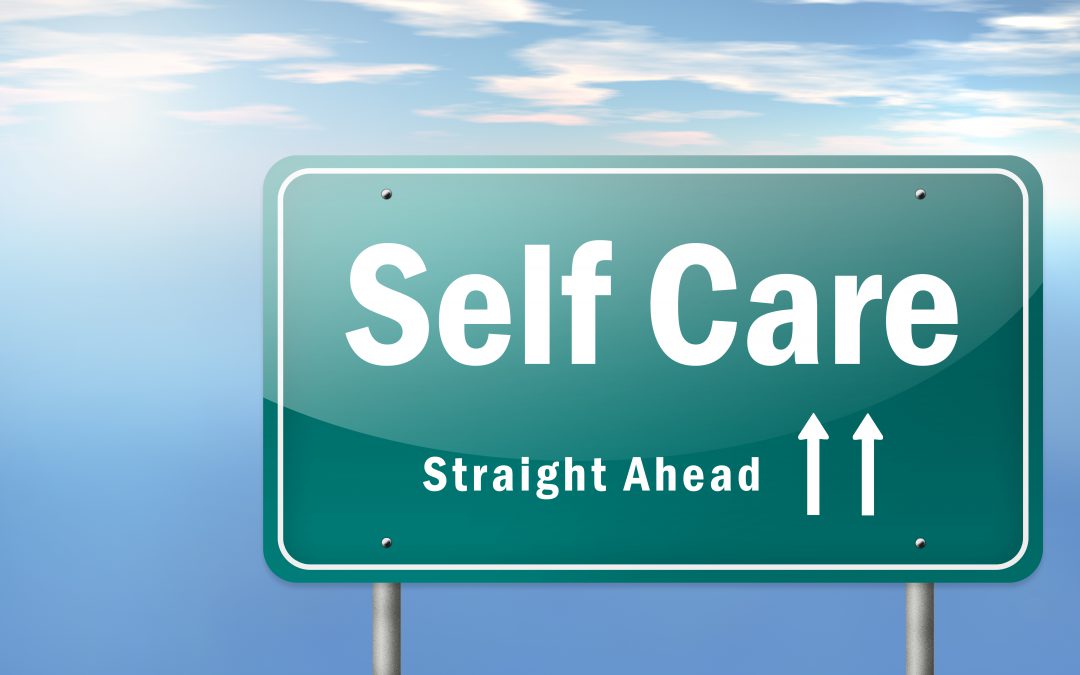
Even when we know the importance of putting together a good self-care plan, it can feel overwhelming to do. Four pillars? Each pillar has multiple pieces? The heart races and the breathing gets shorter. Let’s slow it down and tackle this process – together.

While treatment plans come in all shapes and sizes, there are four pillars that form the foundation of every self-care plan. Creating a self-care plan that addresses our physical, mental, spiritual, and relational needs is a key step in our recovery process. No two plans look the same, nor could they.